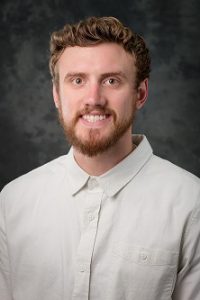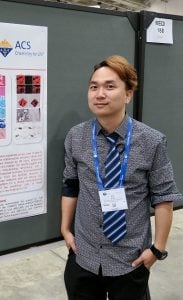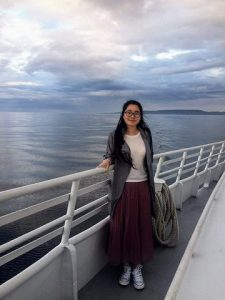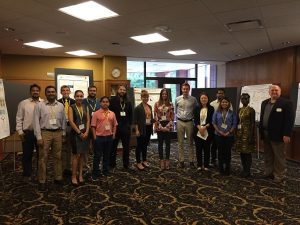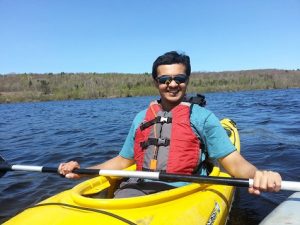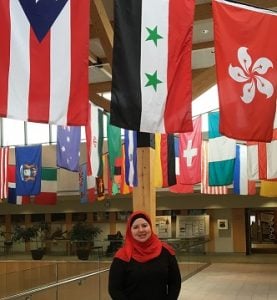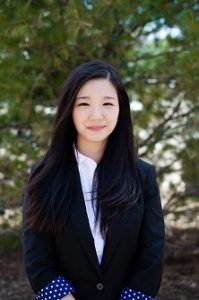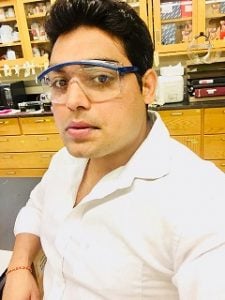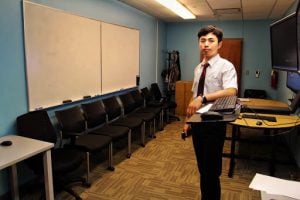Applications are being sought for KCP Future Faculty Fellowships, a program funded by the State of Michigan. Applications are due no later than 4pm on September 12, 2018. KCP fellowships provide students up to $20,000 (MS students) or $35,000 (PhD students) to pursue their degrees. Funds may be used to support students pursuing degrees at Michigan Tech or Michigan Tech staff and faculty pursuing graduate degrees outside of Michigan Tech. For Michigan Tech students, the Graduate School and nominating department must also contribute matching funds to help support the student.
The goal of the KCP Future Faculty Fellowship program is to increase traditionally underrepresented candidates pursuing teaching careers in postsecondary education.
To be eligible, an applicant must:
- Be a US citizen.
- Be a Michigan resident (contact the Graduate School for questions).
- Be accepted into his or her Michigan Tech graduate program of choice.
- Be planning and able to teach or secure an administrative position in postsecondary education.
- Not have received another KCP Fellowship award for the same degree level (master’s or doctorate).
- Not be in default status on any guaranteed student loan and/or a KCP fellowship.
A complete application will include:
- A 1-2 page statement of purpose written by the student as it applies to the KCP fellowship goals
- A current resume or curriculum vitae that includes positions held, fellowships received, current funding, and expected funding, if applicable
- A letter of support from the graduate program (chair, dean, program director, or advisor) detailing:
- the merit of the candidate.
- how the student will contribute to the diversity of the program.
- willingness to provide financial support to supplement the KCP funds.
- the mentoring plan for the student.
- if the student has already earned a graduate degree, the letter must also address why a second graduate degree is necessary in order to obtain employment in post-secondary education.
Please submit complete applications to the Graduate School, attention Dr. Debra Charlesworth (a single PDF via e-mail to gradschool@mtu.edu is preferred). The review panel will also consider the candidate’s application to Graduate School (for students entering in the next academic semester) and current Michigan Tech transcript (if applicable).
Additional information on the KCP fellowship is available on our web page.
